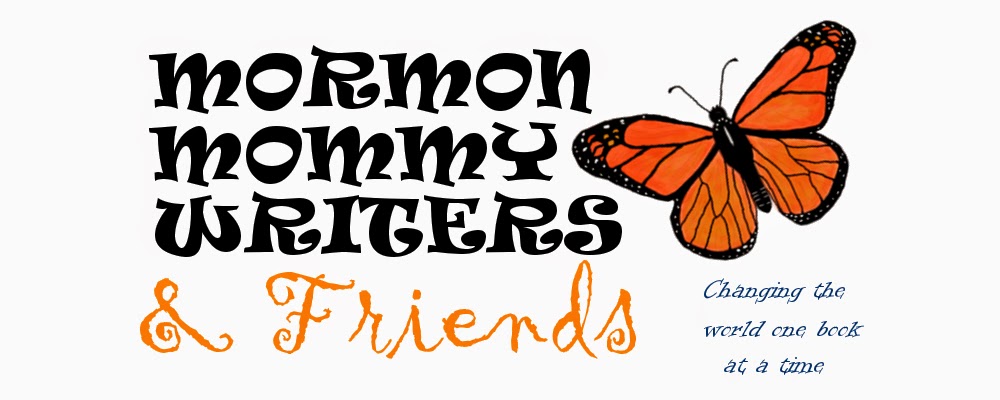This fall I will officially be the mother of two college students, two high school students, an 8th grader and a 7th grader. Coming soon are promised deadlines for papers on all fronts. So I decided to search for a little help on this topic. For some reason when the advice comes from mom, it isn't always taken.
I found a terrific page from the National Council of Teachers of English or NCTE.
They list 10 helpful hints for parents of teens:
1. As with any skill, writing gets better the more we do it. Let your teenager see you write often and encourage her to write often, too. At-home writing might include e-mails, instant messaging, thank-you notes, scrapbook descriptions, diaries, and what’s-for-dinner notes.
2. We write differently for each audience. Encourage your teenager to expand his range and abilities by writing for many different audiences. He could try a letter to the editor or to a legislator, a silly story for his younger sister, or a "list of ten" to cheer up a sick friend.
3. Language play and writing can be fun. Have fun with language yourself and share that sense of play with your teenager. Point out new words and phrases you come across in the newspaper or on the radio; share favorite song lyrics; get creative in naming a new pet or writing humorous gift tags or cards.
4. Support your budding writer. If your teenager chooses to share her writing with you, point out specifically what you like best about the piece. Rejoice in effort, delight in ideas, and resist the temptation to be critical. Maybe you’ll want to ask your teen to read the piece aloud. Feel free to ask questions about parts that aren’t clear, but leave the answering of those questions to your teen. And make it clear that you are always interested in reading any writings that she wants to share with you.
5. While it’s true we learn to write by writing, we also learn to write by reading. Offer your teenager a wide variety of opportunities to read, both educational and entertaining, and pass on your own favorite authors, novels, and magazines to show him you’re a reader, too. Talk about those things you’ve both read.
6. The funny thing about writing is that it actually helps the writer think. Encourage your teenager to use writing to think more deeply about things in her life—questions, problems, difficult assignments, hobbies, and topics she wants to learn more about.
7. We all have trouble getting started once in a while. If this happens to your teenager, suggest he try brainstorming, jotting lists of ideas, or talking through his thoughts with you or a friend. Sometimes just spending 15 minutes writing anything and everything (including "I don’t know what to write.") loosens up the very ideas needed for the piece.
8. Good writers know how to make any topic their own. They do that in the way they organize their ideas, in the examples they choose, and in the angle, as well as by drawing from their own experiences. Encourage your teen to find ways to make the assigned topic his own.
9. Writing is a process of developing and drafting ideas, then revising, and, finally, editing for correct grammar and spelling. Help your teenager see the value of clarifying her ideas, drafting, and revising before she attends to the mechanics.
10. Provide a special writing folder or notebook for your teen and encourage him to save writings in it. Nothing can replace the good feeling of reading something we wrote months ago and rediscovering how good it is.
I am pretty sure these are great reminders for writers of all ages. Hope this helps you all too.
Write on!

No comments:
Post a Comment